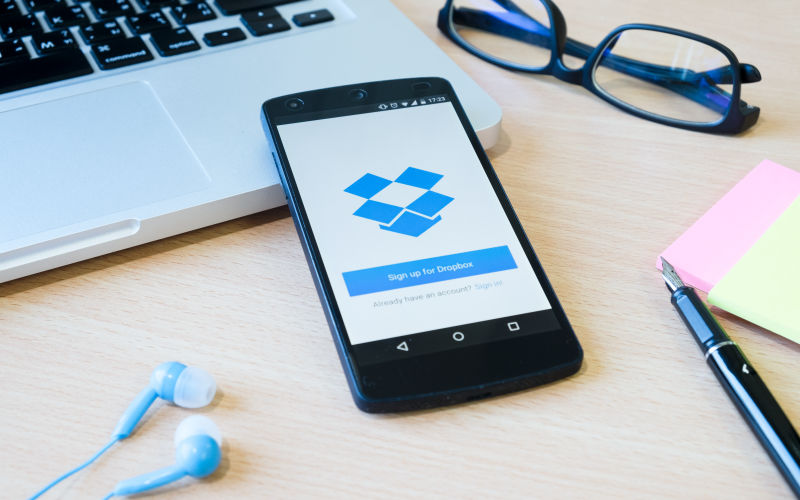Search engines under scrutiny after private ChatGPT conversations leak

The exposure stems from a misconfigured share feature in the ChatGPT app, which was introduced earlier this year by OpenAI.
Google and other major search engines are under scrutiny this week after it was discovered that tens of thousands of ChatGPT conversations, many believed by users to be private, were inadvertently indexed and made publicly searchable online.
The exposure stems from a misconfigured share feature in the ChatGPT app, which was introduced earlier this year by OpenAI.
More To Read
- Dropbox set to discontinue password manager, users urged to export data
- Apple announces it has sold three billion iPhones as CEO Tim Cook outlines AI vision
- Google introduces AI-powered age verification
- Elon Musk’s xAI to launch text-to-video feature for Grok chatbot in October 2025
- Meta to launch smartwatch with AI, built-in camera in September
- ChatGPT 'therapy sessions' are not private, warns OpenAI CEO Sam Altman
The feature allowed users to share AI-generated chat conversations via public links, some of which were set to be search engine discoverable by default or due to unclear opt-in settings.
According to reports by Fast Company, over 4,500 such links were indexed by Google, with some containing deeply personal and confidential, professional, and sensitive AI chats, including those containing names, email addresses, resumes, API keys, and emotional disclosures.
Where is privacy?
Privacy advocates and cybersecurity experts have called the incident a serious oversight in user interface design and public safety.
The idea that they could suddenly appear in a Google search is shocking, and in some cases, dangerous.
Several affected users reported finding their chats or those of strangers through simple queries such as "site:chat.openai.com/share resume" or "site:chat.openai.com/share API key", exposing documents that were never meant for public consumption.
OpenAI: Blocks the feature
Following widespread reports and growing concern on social media and security forums, OpenAI confirmed the issue and disabled the discoverability feature on Thursday, July 31.
In a statement, the company said it had “rolled back the experimental feature” and was working with search engines to de-index all affected content.
“We’ve removed the ability to make shared links searchable via search engines due to the potential for unintentional exposure,” said an OpenAI spokesperson.
“User safety and privacy remain our top priority.”
Users can still manually share ChatGPT conversations via links, but they are now explicitly marked as non-indexable, and no discoverability toggle is available.
Google, meanwhile, has come under fire for indexing the content at all, despite it being technically permitted by metadata at the time.
“Search engines simply crawled what was allowed,” said a Google spokesperson. “However, we are now actively working with OpenAI to remove these pages from our results.”
Still, critics argue that Google could have exercised more caution in crawling domains tied to generative AI content, especially if the metadata was not explicit or could lead to unintended disclosures.
What should users do?
Security experts recommend that ChatGPT users take immediate action if they have ever shared content through the app:
Search for your shared links using queries like site:chat.openai.com/share yourname or keywords from previous chats.
Delete any public/shared links that are no longer necessary.
Avoid including personal or sensitive data in AI chats unless the platform guarantees full privacy and encryption.
Treat all AI-generated conversations as potentially public unless explicitly marked private.
As generative AI tools like ChatGPT become more widely used across work, education, and daily life, this episode serves as a warning to users dependent on AI tools.
Top Stories Today
Reader Comments
Trending












































